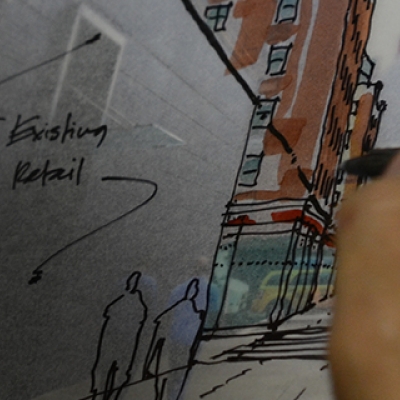
Who Is Not in the Room? (A Question for 2016)
By Jarrett Walker / On January 27th, 2016
So we all want to write New Years posts about resolutions we should make — mostly resolutions we could have made last year and will probably make again next year.



